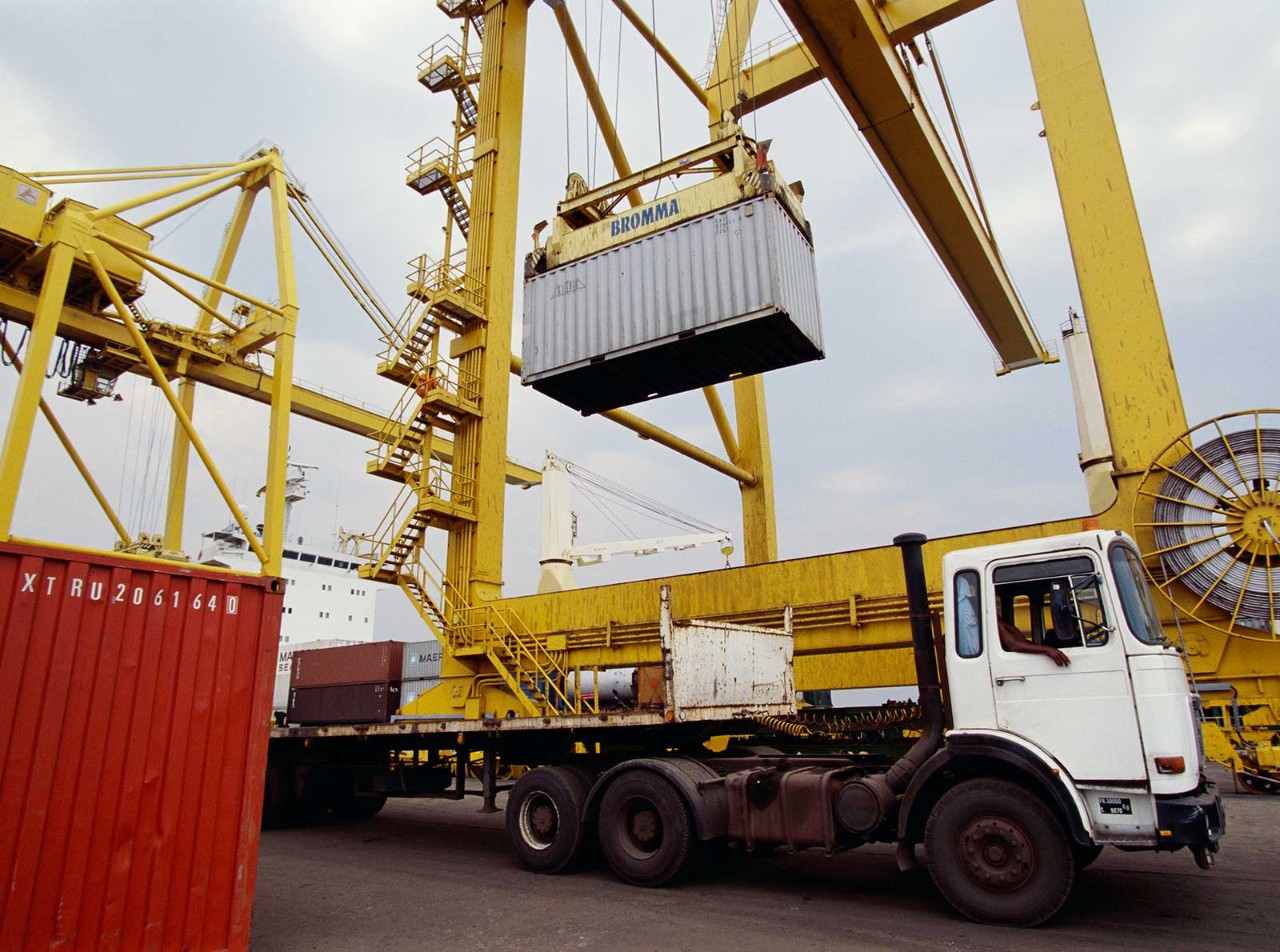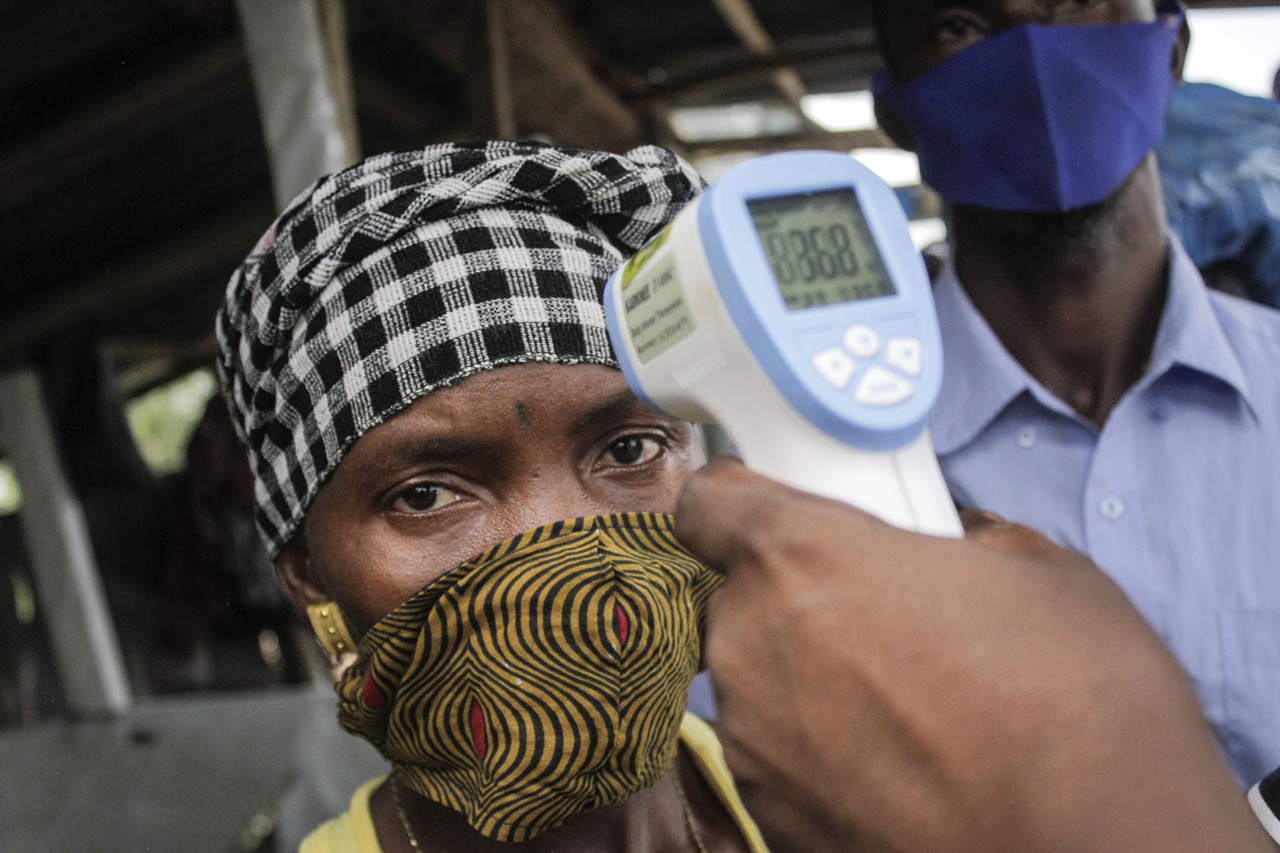
Keen to diversify public supply chains and reach more marginalised groups, some governments have been stepping up initiatives to empower women. They are embracing ‘gender-smart’ procurement policies to continue to deliver much needed services while at the same time bridging the gender gap.
In 2013, Kenya became one of the first African countries to legislate for preferential treatment in public procurement for women and other marginalised groups with its Access to Government Procurement Opportunities (AGPO) initiative. This empowerment programme stipulates that 30% of all government tenders should be reserved for women, youth and people with disabilities.
With the Kenyan government spending an estimated 26% of national GDP on procurement, according to the World Bank, AGPO was designed to make a radical difference to the lives of disadvantaged groups.
‘Gender-responsive public procurement can catalyse women-led enterprises that create a domino effect in empowerment, job creation and social growth stimulation’
Levelling the playing field
Kenya is a pioneer in using public procurement policy as a sustainable means of addressing poverty, creating employment and levelling the playing field between the genders and other disadvantaged groups. All around the world, governments are seeking innovative ways of achieving inclusive economic growth. And with employment opportunities proving particularly elusive as a result of the pandemic, public sector contracts have emerged as a viable economic empowerment alternative.
The World Bank estimates that governments around the world spend at least US$9.5 trillion on procurement each year, which in developing countries can amount to as much as 30% of GDP. This business represents a valuable potential source of income for entrepreneurs, particularly in Africa where SMEs account for 90% of all businesses.
Yet according to Gender-smart Procurement, a Chatham House research paper, only a paltry 1% of women entrepreneurs participate in public procurement, even though female-owned businesses are more susceptible to shocks such as the pandemic and accordingly require more support.
The 30% law
‘Kenya’s 30% reservation policy is one tool available to policymakers to try and rectify some of the gender inequalities and to promote businesses, particularly SMEs, as they spend such large amounts of public money on procurement contracts,’ says Rachel Bleetman, ACCA research and policy manager for the public sector, and co-author of its report New models of public procurement: a tool for sustainable recovery.
Reena Atuma, programme officer at the Institute of Public Finance Kenya, a thinktank championing accountability in public finance spending through research and training, agrees. ‘AGPO is a landmark scheme that empowers women, youth and people with disabilities to do business with the government,’ she says. ‘The initiative is a deliberate effort to provide women with economic empowerment opportunities as part of promoting gender equality.
‘The reasoning behind this crucial provision stems from the fact that minority groups such as women, youth and the disabled were largely left out of doing business with government. They could not comfortably compete with big entities because they did not have the financial muscle or could not navigate through the long and bureaucratic government processes to secure tenders.
‘A lopsided system existed where those who were deserving of the tenders were locked out. It took a lot of political willpower to achieve what is one of the historic developments for women in public procurement.’
E-procurement disappointment
Kenya first introduced electronic procurement in 2014 as part of its automation of public financial management. At the time it was hailed as a positive step. As well as taming corruption, e-procurement was expected to bolster public service delivery at national and local level by reducing costs and increasing competition for contracts, and to promote transparency by providing a clear audit trail for bidding and supplier selection.
However, implementation has been dogged with problems. A year after it was introduced, the system was suspended following widespread complaints that it was hampering effective service delivery.
According to a report, while e-procurement has been recognised for expediting service delivery, promoting efficiency, fighting corruption and promoting transparency in government, its performance has been rated as modest due to a number of factors.
The main problems were a lack of proper infrastructure to support the system and inadequate internet access, especially in rural areas. Resistance to technology among public sector employees at both national and local level compounded the difficulties.
Six years later, the system is still under review and corruption remains widespread. Numerous reports have recommended investment in robust tech infrastructure and human resource if Kenya is to stem irregularities and reap the dividends of e-procurement.
Empowering enterprise
To drive AGPO uptake, the Women Enterprise Fund, a Kenyan government agency, has been training women entrepreneurs in how to use the initiative. In the 2019/20 financial year, for example, 269,898 women entrepreneurs benefited from the training, well above the 200,000 target, according to a social protection, culture and recreation sector report by the Treasury.
AGPO has enabled more women to start and expand businesses by supplying goods and services – ranging from seedlings to horticulture produce and stationery to road construction materials. The growth has had ripple effects across communities.
A 2019 report tracking the benefits of the empowerment programme noted that the scheme had bolstered economic empowerment and reduced gender stereotyping. It found that women who made use of AGPO had access to increased markets, invested in financial, social and physical assets (eg buying land, offices and vehicles), created jobs and established investment ventures with other women.
Downsides
However, bureaucratic and complicated government registration procedures, limited access to credit, delayed payments, corruption and incompetence by government officials have put a brake on the success of the programme, according to the same report.
While acknowledging the pivotal role of the programme, a further report concluded that one drawback was the skewing of the programme towards inhabitants of cities, specifically Nairobi, with only a limited number of those in rural areas, who form the bulk of the female population, benefitting.
In 2019/20, 482 contracts estimated to be worth KSh590m (US$5.4m) were awarded to women and other marginalised groups compared with 125 contracts valued at KSh145m (US$1.3m) in the previous financial year – a 288% uplift in value, according to a report by local business news outlet Business Daily.
However, much ground remains to be covered. While recognising the uniqueness and value of the scheme, Atuma says limitations in its implementation have prevented it achieving its full potential.
‘The scheme fails in transparency of data reporting and reporting on beneficiaries of the scheme,’ Atuma explains. ‘The scheme in most counties is very opaque as well, hindering the process of finding data to report on scheme progress. Due to lack of transparency, one cannot ascertain if the project is able to meet the demand as well as to promote gender equality as intended.’
Raising AGPO’s profile
A report from UN Women proposed a number of initiatives to increase uptake of AGPO opportunities. Among its recommendations were training for target groups to familiarise them with the programme and its processes and how to take advantage of them; training of government staff, particularly at county level, to enable them to assist candidates registering and applying; enforcement of government and ethical standards to improve transparency in the award of contracts; ensuring that all procuring entities produce annual budgets and procurement plans, so that procurement spend going to the target groups can be measured.
James Muranga, dean and senior lecturer in the department of management science at the University of Nairobi School of Business, agrees that ensuring awareness of the scheme is key.
He says: ‘AGPO has demonstrated how gender-responsive public procurement policies and programmes can go beyond just government trading with its people to catalyse women-led enterprises that create a domino effect in empowerment, job creation and stimulating social growth.
‘The success of the programme now hinges on ensuring dissemination of information, especially to rural women, on the available opportunities and creating a more favourable environment for them to do business with government, including prompt payment for goods and services delivered, which is a major concern for suppliers currently and without which they cannot flourish.’
Beyond lowest-cost
Bleetman says that public procurement can play a critical role in achieving objectives beyond just finding the lowest-cost good or service to meet commitments to citizens.
She explains: ‘With the right policies and done well, it can be used to support SMEs, businesses owned by minorities or marginalised communities, and to support ethical and sustainable companies. Public procurement often represents as much as a third of total government expenditure. It is really important to ensure this public money is being used in smart and productive ways.’
More information
See also ‘The route to high-quality delivery’
Read ACCA’s report New models of public procurement: a tool for sustainable recovery




